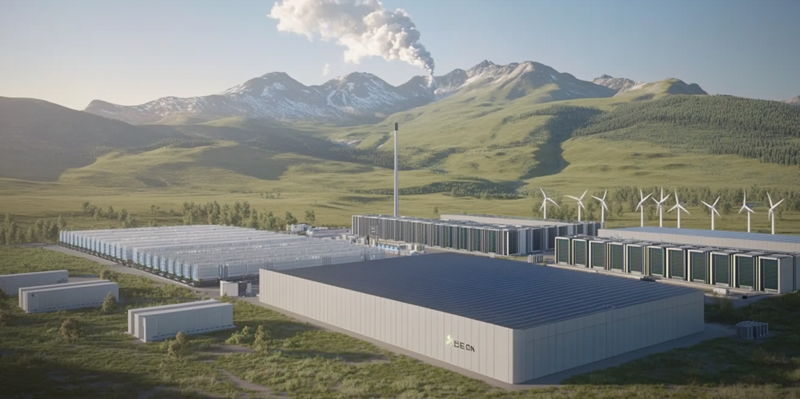As global concerns about climate change and environmental sustainability continue to grow, the role of renewable energy in powering data centers has become increasingly vital. Brazil, with its primarily renewable energy matrix, is emerging as a key player in this green revolution. Over the past three years, the country has seen significant agreements between data centers and renewable energy suppliers, generating approximately BRL 7.7 billion (USD 1.3 billion). These partnerships have positioned data centers as crucial clients for Brazil’s clean energy sector, creating a strong synergy aimed at reducing environmental impact and promoting sustainable growth.
A prime example of this trend is V.tal’s recent agreements with Atlas Renewable Energy and Atiaia Renováveis to supply solar power starting in 2026. This move highlights the growing reliance of tech companies on renewable resources to meet their energy needs. Another noteworthy development is Odata’s acquisition of stakes in a wind farm, further indicating the industry’s shift toward green energy solutions. These collaborations not only present economic benefits for both parties involved, but also underscore Brazil’s potential to lead in providing sustainable energy solutions for power-intensive industries like data centers.
The increasing partnerships between tech companies and renewable energy providers reflect a mutual goal: to minimize environmental footprints while supporting economic growth. This evolving landscape in Brazil’s tech and renewable energy sectors suggests an optimistic future where sustainable practices become the norm rather than the exception. Through continued collaboration and investment in clean energy initiatives, Brazil stands out as a beacon of hope for other nations aiming to reduce their dependence on fossil fuels and embrace a greener future.

